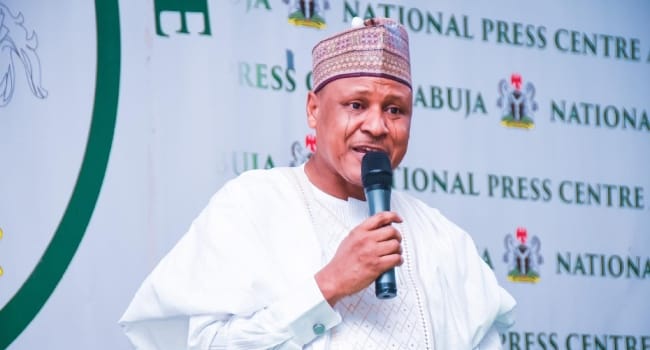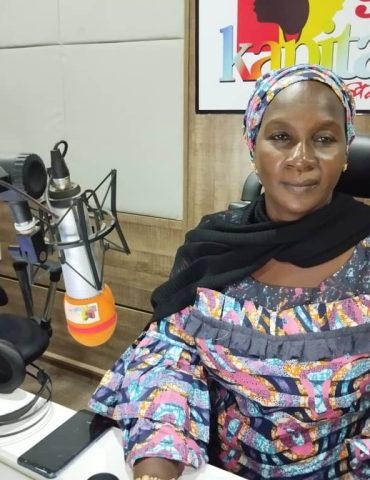Listeners:
Top listeners:
-
play_arrow
Kapital FM 92.9 The Station that Rocks!

The Federal Government has reaffirmed Commitment in collaborating with state governments to address power supply challenges.
This commitment includes supporting states in their transition to more active involvement in the electricity market, in line with the Electricity Act of 2023.
Vice President Kashim Shettima stated this at the power sector stakeholders interactive dialogue/workshop organised by the House of Representatives’ Committee on Power, held in Abuja.
According to the Vice President, the forum requires open channels of communication to adequately plan the transition, and respond to issues and willingness to leverage all accumulated knowledge over the last decade of operating the current market structure, and to learn from their mistakes and successes.
He also said the new structure in the power sector must prioritise providing an enabling environment at the state and wholesale market levels, as well as allowing the private sector to lead the way across the value chain.
The Vice President stressed that there is a lot to be excited about with the new Electricity Act, which has the core elements of resolving the structural issues that have hindered investments in the sector from liquidity challenges to inadequate legal framework.
“The Electricity Act 2023 that was passed by the National Assembly and signed into law by President Bola Ahmed Tinubu seeks to overhaul the structure of the Nigeria Electricity Supply Industry”.
“It proposes a structure that promotes more competition and greater scope for tailoring power solutions to local needs, while transitioning to a market structure that would attract much needed investments and promote environmental sustainability.
“The wholesale structural shift that the Electricity Act 2023 (as amended) and the associated constitutional amendment usher in, means we need to double down o
in ensuring an orderly transition to the new national electricity market framework,” Shettima added.
Also speaking, the Minister of Power, Adebayo Adelabu announced the proposed establishment of three gigawatts of solar energy sources across the 25 states in the North and South-west part of the country.
Adelabu noted that the move would go a long way to solve the power problems and encourage state governments to invest in power generation in their states.
The minister identified some major challenges confronting power supply in the country as inadequate generation capacity, supply constraints, inadequate transmission infrastructure, regulatory and policy constraints, inadequate financing and low investment due to lack of liquidity.
While declaring the event open, Speaker of the House, Dr Abbas Tajudeen announced plans to propose a law that would make it mandatory for relevant Federal Government bodies to consult the National Assembly and other stakeholders before fixing the electricity tariff.
Dr Abbas also stressed the need to address the problems bedevilling the power sector and electricity value chain in Nigeria, adding that the House’s commitment to transform the sector into a model of efficiency and sustainability remained unwavering.
The Speaker said that despite the challenges together as stakeholders, a reformed power sector that drives national growth and enhances the quality of life for all Nigerians is achievable.
“Having this consultation now appears to be an afterthought and goes contrary to the Electricity Act, 2024, which mandates consultation with all relevant stakeholders in determining just and fair tariffs,” he stated.
Oduyemi Odumade, Edited By Grace Namiji
Written by: Editorial Team
Challenges FG Comits To Address POWER Supply
Similar posts
Copyright Kapital FM 92.9 Abuja - The Station that Rocks!










Post comments (0)